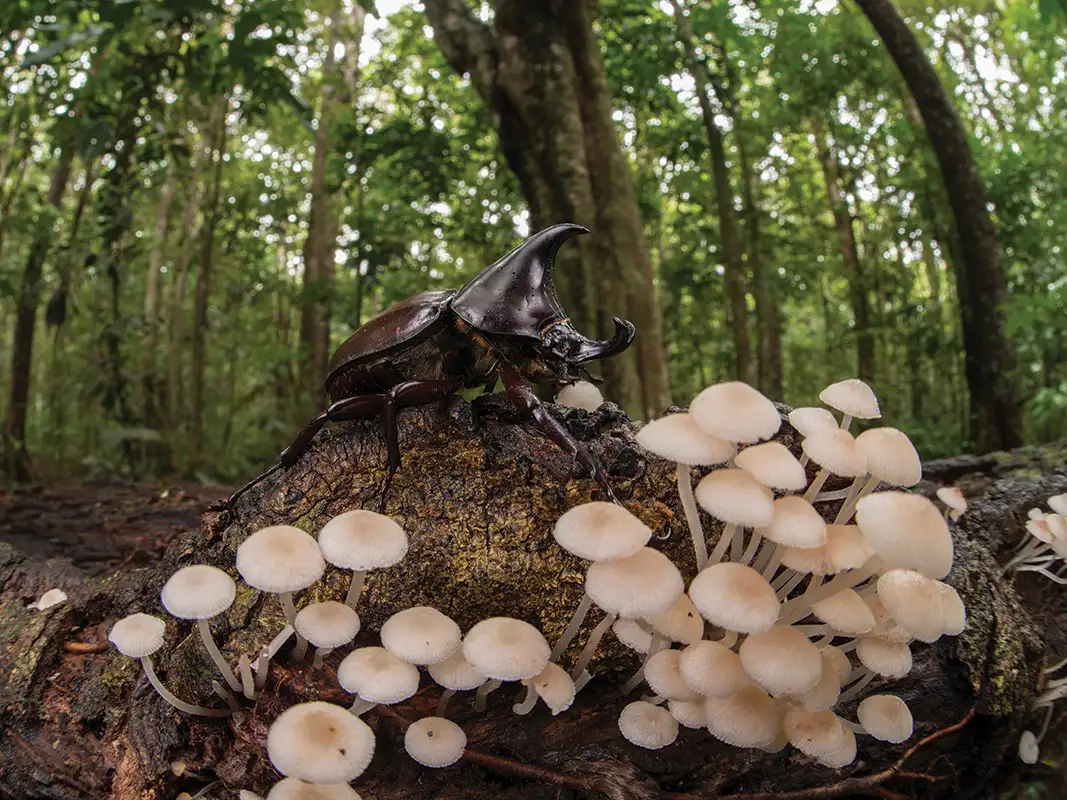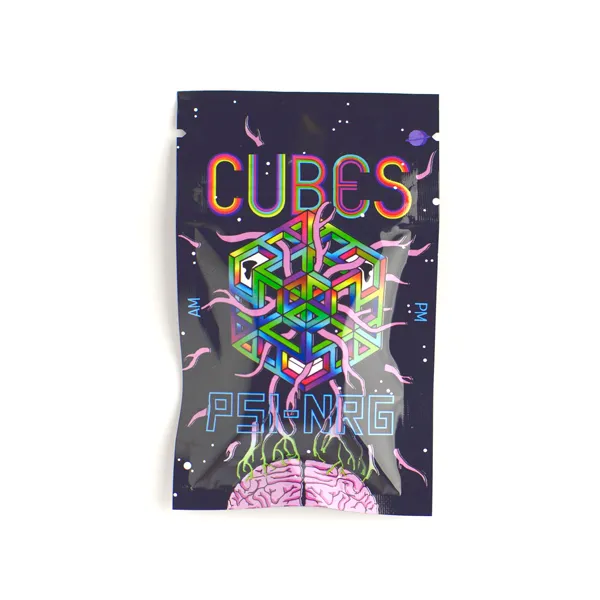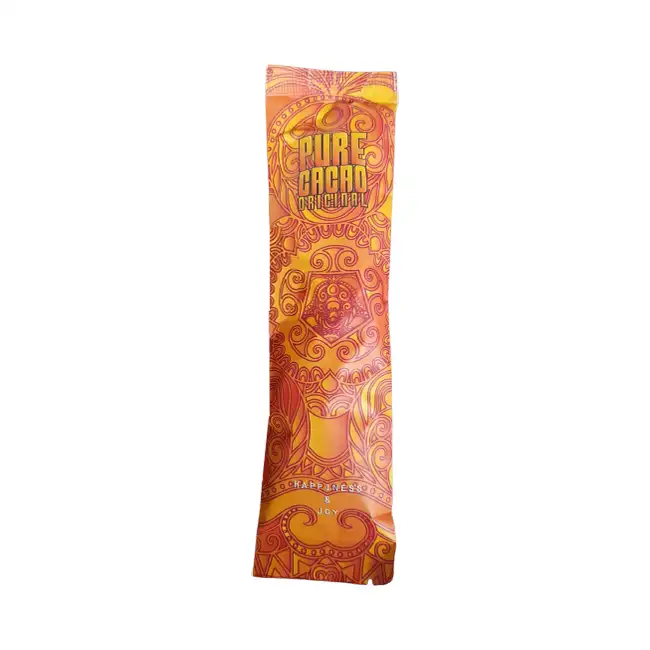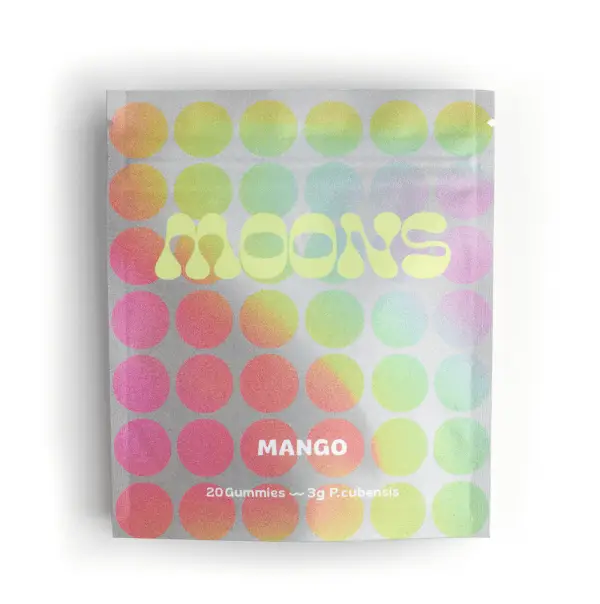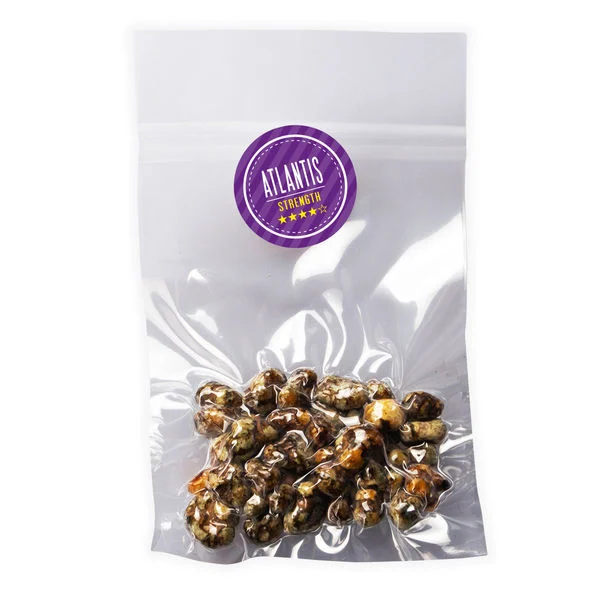Magic Mushroom Psilocybin, Magic mushrooms, also known as psilocybin mushrooms, have fascinated humans for centuries due to their powerful psychedelic effects. At the heart of their mind-altering properties lies psilocybin, a naturally occurring compound that has been both revered in spiritual practices and scrutinized in scientific studies.
What Is Psilocybin?
Psilocybin is a psychedelic prodrug compound found in over 180 species of mushrooms, commonly referred to as magic mushrooms. When ingested, psilocybin is converted by the body into psilocin, the active compound that interacts with serotonin receptors in the brain. This interaction leads to changes in perception, mood, and cognition, often described as a “trip.”
Effects of Magic Mushroom Psilocybin
The effects of psilocybin vary depending on dosage, environment, and individual brain chemistry. Common experiences include:
- Visual and auditory hallucinations
- Altered sense of time and space
- Spiritual or mystical experiences
- Emotional shifts, from euphoria to introspection
While some users report life-changing insights or a deep sense of connection, others may experience anxiety or confusion, particularly in an uncontrolled or negative setting.
Therapeutic Potential of Psilocybin
Recent scientific research has revived interest in psilocybin’s therapeutic benefits. Clinical trials suggest that psilocybin may be effective in treating a range of mental health conditions, including:
- Depression, especially treatment-resistant forms
- Post-traumatic stress disorder (PTSD)
- Anxiety, particularly in terminally ill patients
- Substance use disorders, including smoking and alcohol addiction
Psilocybin-assisted therapy sessions are typically conducted under professional supervision, ensuring safe use and emotional support during the psychedelic experience.
Legal Status and Safety
The legal status of psilocybin varies around the world. In many countries, including the United States, psilocybin remains a Schedule I substance, meaning it is illegal to possess or use. However, cities like Denver (Colorado) and states like Oregon have decriminalized or legalized its use for medical or research purposes.
In terms of safety, psilocybin is considered non-addictive and relatively low in toxicity. However, improper use, especially in unsupervised settings, can lead to psychological distress or risky behavior.
Conclusion
The growing interest in magic mushroom psilocybin is more than a cultural trend — it’s a return to exploring how natural substances can enhance human consciousness and well-being. As science continues to uncover its potential, psilocybin may one day become a mainstream tool in the treatment of mental health disorders, spiritual exploration, and personal growth.
You Might Also Like These:
